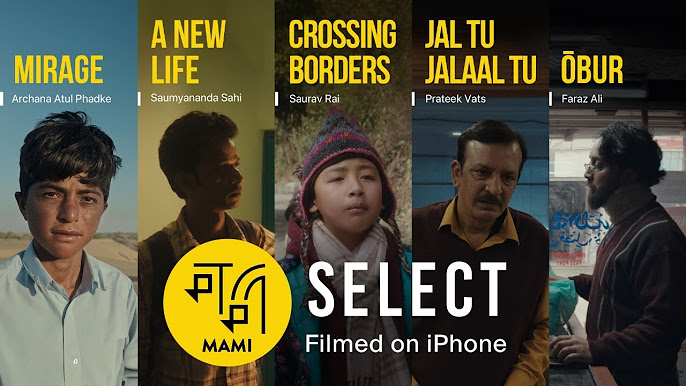Anuparna Roy‘s short film, Run To The River, is a tale of innocence succumbing to the cruel twists of life and unfolding in the impoverished landscape of British Bengal. Pakhi (Tinni Roy), hailing from a humble background, befriends Khandi (Poonam Saha), a widow navigating life’s challenges. Facing insurmountable struggles, Pakhi’s mother (Uma Banerjee) and father (Buraaj) take a drastic step, deciding to marry off her underage daughter. In an attempt to imbue her daughter with hope, Pakhi’s mother instils in her an intense longing to witness the river. The yearning becomes a deceptive bait when, one day, Pakhi is wedded to a man (Swaraj Chakrabart) much older than her. Her husband, ensnared in the influence of a wealthy and politically motivated alcohol businessman (Supriya Sur), becomes a pawn in a sinister game. Tragically, Pakhi’s dreams are shattered by the harsh realities that unfold. She finds herself entangled in a fate she had never envisioned.

In the era of British Bengal, there is a widely recognized understanding that the conditions for women in the Bengal provinces were characterized by a significant degree of feudalism and patriarchy. This stark reality is subtly portrayed through the struggles of two young girls who fall prey to the grim practice of child marriage, with sorrow becoming an enduring companion in their lives. The societal norms of that period dictated that young women like them were deprived of the opportunity to venture beyond the borders of their village and witness the flowing waters. In their world, the desire to hear the river’s soothing sounds becomes a symbol of freedom. However, before they can realize this dream, life takes an unexpected turn, revealing their place in society as women, who have no authority over the key decisions of their lives. In one of the scenes, after her first nuptial night, Pakhi expresses his wish to go back to her parents. But her neighbor recounts her own experience of being married off at a tender age, and how since then, the village has become her only home. The revelation sheds light on how the cycle of constrained exploration persists through generations.
Simultaneously, the film also illustrates the exploitation of the destitute by the affluent. Pakhi’s husband falls victim to the manipulations of a wealthy businessman, becoming ensnared in a cause that culminates in a violent outcome. In a poignant moment, as the businessman converses with Pakhi’s husband, the scene intercuts with Pakhi capturing a flock of hens. This symbolic juxtaposition highlights how, during India’s struggle for independence, numerous individuals were unwittingly made scapegoats, oblivious to the profound philosophical and social implications underlying the movement’s cause. With a running time nearing twenty-six minutes, the short film provides a window into a society where those in positions of power consistently dictated and manipulated the rules to suit their interests, all seen through the lens of an innocent girl. It also sheds light on the phase of India’s struggle for independence, when landless peasants revolted against oppressive landlords and how the privileged upper echelon often reaped the benefits, perpetuating a cycle of inequality and injustice.
Run to the River will be screened at the 4th Bogura International Film Festival in February 2024.



